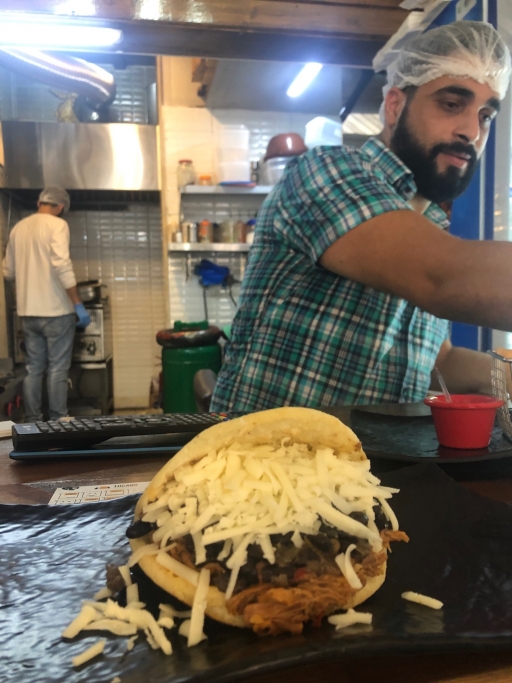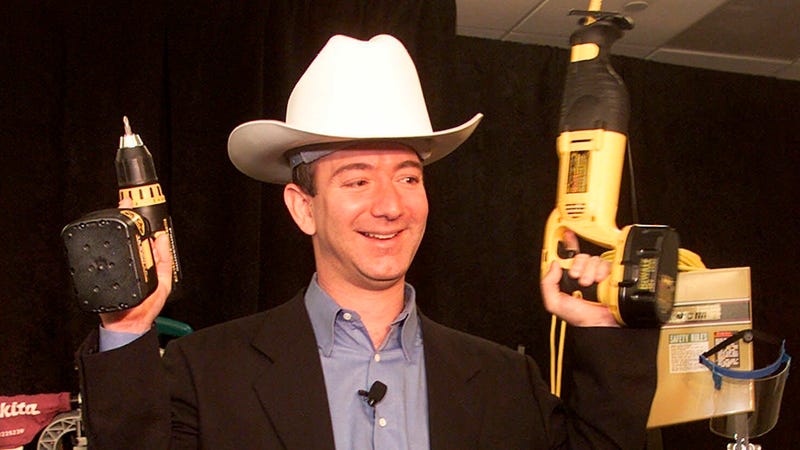
by Khaled Yacoub Oweis –thenational.ae –– Whenever Lebanon was teetering on the financial brink in the 1990s, the country’s then prime minister, the late Rafic Hariri, boarded his private Boeing twin-aisle aircraft and flew to Riyadh. The kingdom would arrange emergency help from the Gulf that staved off the economic pressures, until the next crisis loomed. Lebanon’s already huge public debt at that time has multiplied many times and Hariri’s son Saad is now prime minister, facing a similar problem. Beirut is up against deep financial strain but his father’s release valve is shut. Rafic had both a larger-than-life stature and deep trust in Riyadh and the UAE, but today the regional situation is very different. The elder Hariri also had a strained but sometimes working relationship with Hezbollah – right up to the moment he did not. The group is accused of his 2005 assassination and refuses to hand over four of its members indicted by a UN tribunal for involvement. But Hezbollah’s influence has grown over the years.
The Iran-backed Shiite group has increasingly used its status as the most significant armed actor in Lebanon to undermine its Saudi-backed rivals, intervene unilaterally in Syria and challenge Sunni states elsewhere in the Middle East. Its anti-Saudi rhetoric has helped fan Sunni-Shiite tensions across the region. The group, which has the loyalty of a large bloc in the Lebanese parliament, risks depriving Lebanon, including its own domestic supporters, when a crisis hits that requires the kind of immediate cash that only the major Sunni Gulf states have the means or the potential will to deliver. These states are reluctant to help now, concerned that their money may end up in the hands of Hezbollah, which they largely see as having taken over the Lebanese state, according to sources involved in international efforts to support the country economically.





